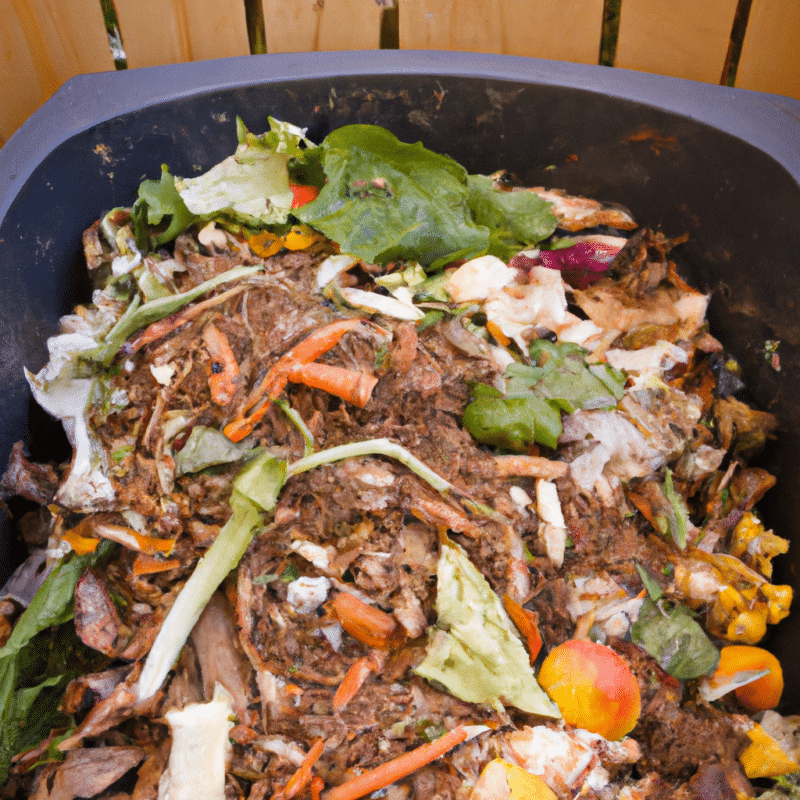
Composting is an age-old practice of harnessing the natural process of decomposition to turn organic waste into nutrient-rich soil. It is a sustainable solution that benefits both the environment and society. Composting reduces waste disposal costs, conserves water, and improves soil fertility. In this article, we will discuss what composting is, why it is important, and the different composting methods and techniques available.
What is Composting and Why is it Important?
Composting is a natural process in which microorganisms break down organic matter, such as food scraps, leaves, and yard waste, into a nutrient-rich soil conditioner known as compost. Composting is important for several reasons. Firstly, it helps reduce the amount of waste sent to landfills, which reduces greenhouse gas emissions and conserves landfill space. Secondly, composting enriches soil by increasing its water-holding capacity, improving its structure and texture, and adding essential nutrients that support plant growth. Lastly, composting promotes biodiversity by providing a habitat for beneficial microorganisms and insects.
Different Types of Composting Methods and Techniques
There are several different types of composting methods and techniques, with each having its unique benefits and drawbacks. The most common types of composting are:
-
Backyard Composting: This method involves collecting and composting organic waste in a backyard compost bin. It is the simplest and least expensive method of composting. However, it requires regular maintenance and attention to ensure that the composting process is efficient and odor-free.
-
Vermicomposting: This method involves using worms to break down organic waste in a worm bin. It is an excellent way to compost food scraps indoors and is ideal for people with limited outdoor space. Vermicomposting requires minimal maintenance and produces high-quality compost in a short period.
-
Industrial Composting: This method involves composting large amounts of organic waste in a controlled, industrial environment. It is a more expensive method of composting, but it produces high-quality compost on a large scale. Industrial composting is commonly used by municipalities and commercial entities for waste management.
In conclusion, composting is a sustainable solution that benefits both the environment and society. It reduces waste disposal costs, conserves water, and improves soil fertility. There are several types of composting methods and techniques available, each with its unique benefits and drawbacks. By composting, we can create a more sustainable future for ourselves and the planet.



 中文 (台灣)
中文 (台灣) Bahasa Indonesia
Bahasa Indonesia Tiếng Việt
Tiếng Việt Bahasa Melayu
Bahasa Melayu Français
Français Español
Español Português
Português